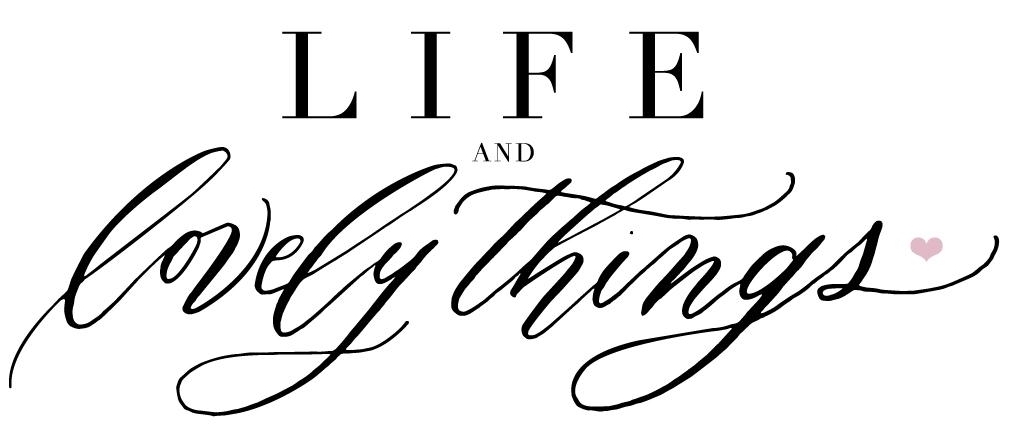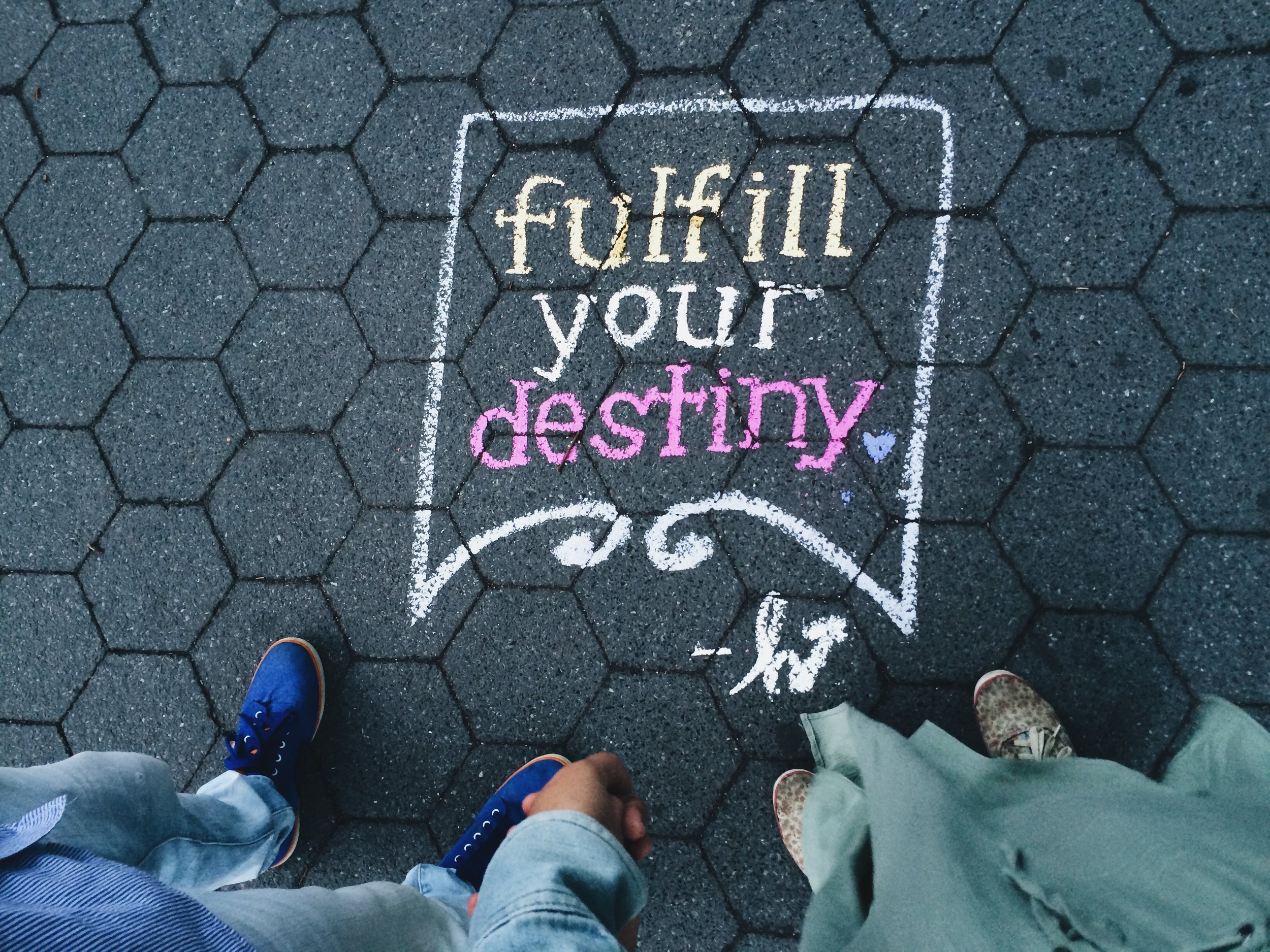Purpose Part 1: Uncovering
“A man should learn to detect and watch the gleam of light which flashes across his mind from within...” — Ralph Waldo Emerson, Self Reliance
A little over two years ago, one of my best friends asked me if I had any insights that could help her find her purpose. She saw me over the years diligently searching for my own and thought I would be in a good position to help. It was true. I had done everything under the sun to find my life purpose, so I listed for my friend several things she could do to discover hers – a curated catalogue of only what I found helpful. “This is really good content for a blog post,” she emailed. And here I am, two years later, with a blog and something to post.
“A man should learn to detect and watch the gleam of light which flashes across his mind from within...”
A little over two years ago, one of my best friends asked me if I had any insights that could help her find her purpose. She saw me over the years diligently searching for my own and thought I would be in a good position to help. It was true. I had done everything under the sun to find my life purpose (why it was so buried in the first place is a topic for a different post), so I listed for my friend several things she could do to discover hers – a curated catalogue of only what I found helpful. “This is really good content for a blog post,” she emailed. And here I am, two years later, with a blog and something to post.
I have found that when people are looking for their purpose, what they are really searching for is an end goal that will allow for a richer, more meaningful day to day life. They believe purpose necessitates the path forward and the quality of the journey. It certainly can but it doesn’t have to. There are many, many ways to add color to life and make it more fulfilling (discovering all of them is kind of my passion). I’ve also known people that simply take steps that feel good without having any clue as to the end destination and look up realizing they’ve been on a desirable path all along. For anal-retentive planners like myself, however, having at least a rough idea of purpose is like having a beacon that lights a possible path toward reaching one’s potential, and provides some much needed direction.
How wonderful is it that we all get to craft a direction in life that fits with who we are and what we want? This is exciting, motivating, and entirely doable. The biggest trouble is not in choosing a path but in choosing one that fits. This is so hard because often we can’t hear our own voices and even if we can, we don’t recognize them as our own. The voice that tells you who you are and what you want is often drowned out by the voices of others sharing their expectations, their feedback, their judgments, their views of the world, etc.
Fulfill your destiny chalk drawing by Danica Tanjut
The first step in my process for finding purpose was uncovering myself. I use the word uncovering because I wasn’t so much lost as I was buried for so long that I forgot and could no longer see myself. Uncovering was the worthy work that I undertook for years – trying to recognize my face amid the myriad masks I wore and hear my voice amongst the chatter of everyone else’s. When the dust started to settle, what I found was so familiar. I realized I had it all the time. It was the undeniable truth that I am exactly the same person I was when I was 5 years old. Notebooks, planners, journals, sticky notes, pens, paints and colored pencils have given way to Powerpoint decks, communication plans, and website creation. Putting together a sleepover for my childhood friends is now planning Holiday Pancakes and Pajamas. I’m still trying to understand the world, still a dedicated romantic in love with beauty, and still love a good book.
Worthy work is fun. It is worthy because it is in service of a worthy purpose (such as bringing your gifts into the world so we can all benefit) vs. and egotistical one (such as needing to succeed so you can feel whole). It flows. It’s easy. There is no unnecessary urgency to it. While this is work that can take years (especially if you don’t have one succinct passion such as playing music), there is no earthly reason why it can’t and shouldn’t be joyous. So if you’re ready to re-discover yourself and your purpose, there are a number of things that can provide clues:
Take Tests. There are tons of them and they are a great way to get a basic sense of yourself. I’ve used Myers-Briggs, Strong Interest Inventory and StrengthsFinder most effectively. UPDATE (1.12.25): I also Love Sparketype by Jonathan Fields and, if you are not opposed to something a bit more woo-woo, the whole Human Design framework is quite interesting too.
Answer probing questions. One of the most effective questions I’ve asked myself – thanks to a suggestion in Julia Cameron’s The Artist’s Way – is Who am I jealous of? That question gives major clues into what you want. You’re jealous because someone else has something you want and think you deserve. If you can keep your eyes from becoming too green, they might see the gift of some serious insight about what you should be going after. A second, equally effective question, is What values am I raising my children with? For those of us who are parents, this is a good one too because chances are you are raising your children with values that are actually your own. Here’s one more: If you had everything you needed, what would you be doing anyway? Seriously, imagine yourself with all of your bills paid and all of your needs met. What’s still there? That’s your schtick, your jam, the thing you probably did as a kid. At the very least, it’s a big clue. Play around with this as pretty much every book or google inquiry on finding purpose suggests questions you can ask yourself.
Read. I read all the time - classics, personal development books, memoirs, books on spirituality, good fiction, etc. I’m usually reading more than one work at a time and there isn’t a time when my office isn’t cluttered with stacks of books. Certainly, there are some great texts on the subject of life direction and purpose finding (The Artist’s Way by Julia Cameron, What Color is Your Parachute? by Richard Bolles, Do What You Are by Barbara Barron and Paul Tieger, to name a few). However, simply reading what you find enjoyable can be as or more important in discovering your secrets as books specifically written about self-discovery. For example, Elizabeth Gilbert’s Eat Pray Love opened me up to exploring different spiritual points of view and clued me in to a sleeping desire for adventure; and the classics I read usually present universal life truths which also excite me. Many of our own desires have already been spelled out by others in a way that helps us remember and understand.
Write it all down. I’m a writer and the act of writing helped me make sense of all of this so that I could build on what mattered and toss out what didn’t.
Question anything that resonates. Ask yourself why it resonates with you. It could be something as simple as a few words written in a book or as big as the time you went paragliding in Europe. It all has something to tell you. UPDATE (1.12.25): Also question anything that makes you cry.
List your likes, dislikes, strengths and weaknesses. These can be found in all walks of life. What skills are you praised for in your current job? What did you find most enjoyable on your last vacation? What are your hobbies?
Heed the advice of others.
There are tons of TED talks that are helpful. Check out How to Find Your Purpose in 5 Minutes by Adam Leipzig or Why You Will Fail to Have a Great Career by Larry Smith, for example.
Questioning your parents about your childhood can shed light because, and this is my firm belief, we don’t change all that much. You’ve likely been at “your work,” as my daughter calls it, for some time. Chances are that by now you’re so adept at it you may even take it for granted and find it hidden in plain sight.
I picked up a specific tool from a book called How to Find Your Personal Path to Success by Robin Chaddock. She suggests that your purpose = your key strength + your key passion. It should only be two words. Landing on two words from the countless words available in the English language requires you to be very choiceful. Sorting through the tiny distinctions between creativity and inspiration, for example, allows you to discover nuances about yourself that you might not have otherwise discovered.
Use a simple method of listing the first words or phrases that come to mind when you ask yourself about your purpose until you land on one that resonates or craft a few sentences from any of the words or phrases that are most meaningful. Here’s an interesting article that shares a method like this
There you go. This list is definitely not exhaustive but I hope it’s helpful. I used these tools to begin a self-discovery process that allowed me to choose a more authentic path. It has been my responsibility to fine-tune along the way and I suspect I will be fine-tuning for the rest of my life. I encourage you to note all the tiny insights and little epiphanies. There may not be a grand eureka moment when all the pieces fit perfectly together. The path may not be laid out before you in perfect order. Where would the creativity be in that? Reality is a little messier and a little lovelier. For more on the subject of purpose, check out the next post.
Love in all things,
April Eileen
P.S. Check out Purpose Part 2: Listening for more.


